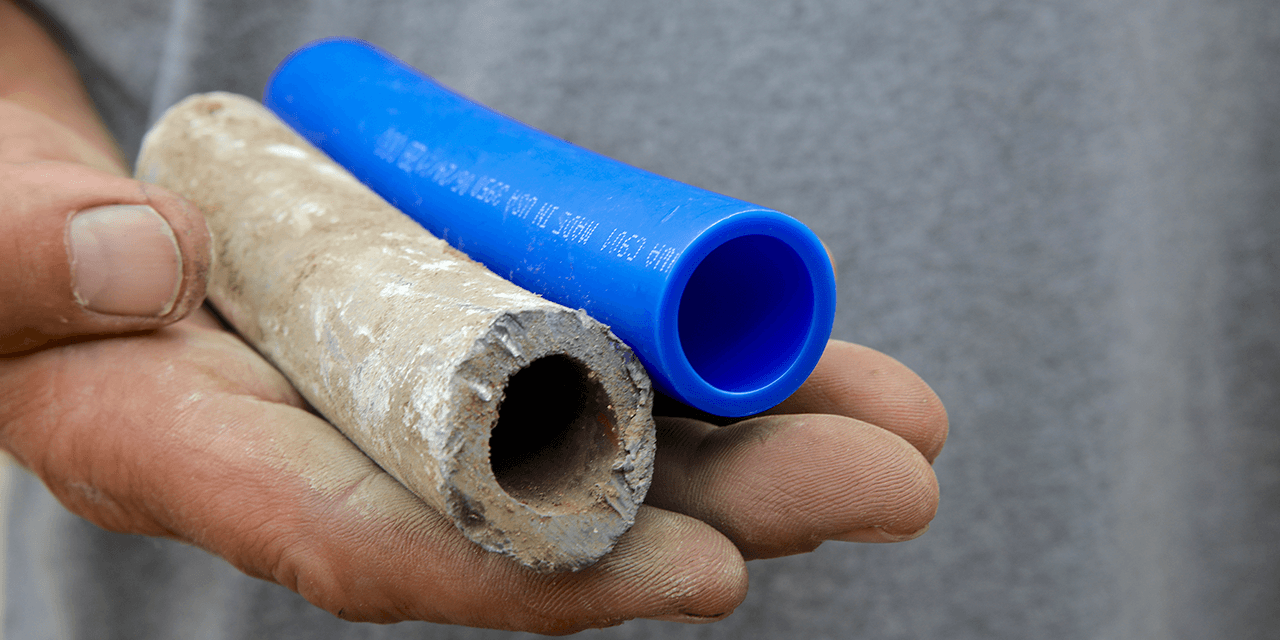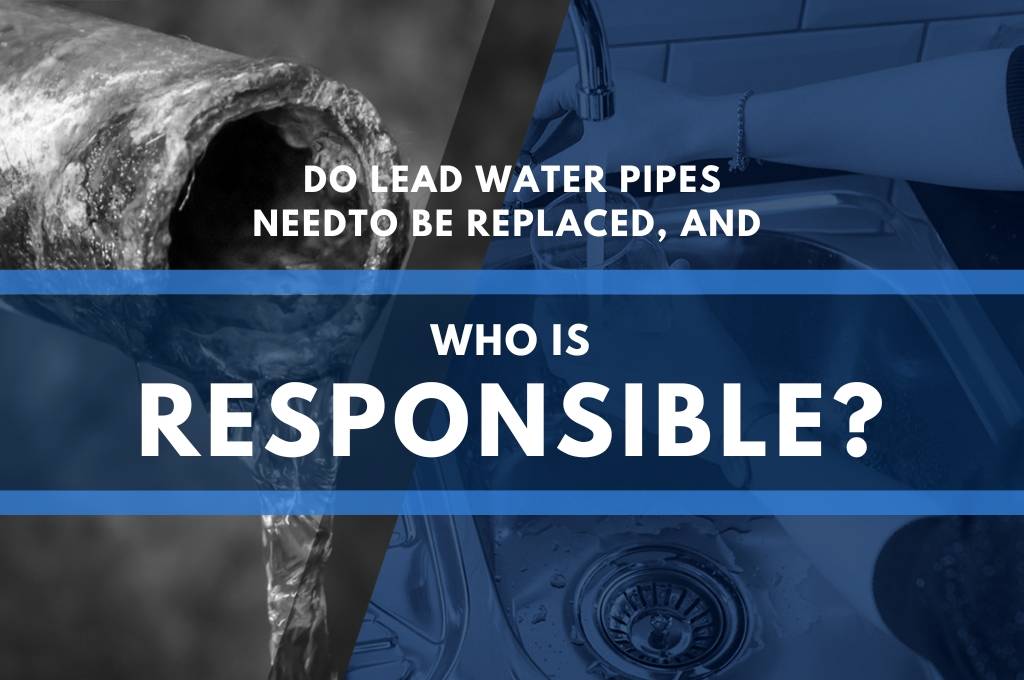In 1969, building regulations changed, and one significant change that continues to impact homeowners today is the use of lead pipes in water supplies.
If your house was built after 1970, you shouldn’t have lead pipes, but if you would like to find out how to check for lead pipe, check out our blog here
Do lead water pipes need to be replaced?
Yes! It has been found that lead can seep in and contaminate your drinking water, which can be harmful over a long period. It is the homeowner’s responsibility to replace their lead pipes, and whilst it’s not a legal requirement to have your lead pipes replaced to make sure everyone in your home is safe, it’s strongly advised to have them replaced.
If you live in Coventry, you can benefit from the Green Project.

Most of us take access to clean and safe drinking water for granted, a fundamental necessity for all of us. However, what do we do when the infrastructure that delivers this water can sometimes pose health risks? One concern is the presence of lead pipes in our water supply systems.
In this blog, we’ll discuss whether lead water pipes need to be replaced and explore the responsibilities of various stakeholders in addressing this issue.
Health risks of lead in drinking water
Lead can enter drinking water when a chemical reaction occurs in plumbing materials that contain lead. Risk will vary depending on the individual, the chemical conditions of the water, and the amount consumed.
Lead exposure can cause high blood pressure and brain, kidney and reproductive health issues in adults. Symptoms of lead poisoning include headaches, stomach cramps, constipation, muscle/joint pain, trouble sleeping, fatigue, and irritability. Most adults with lead poisoning don’t look or feel sick and will have no symptoms.
Bathing and showering should be safe for you and your children because human skin does not absorb lead in water.

The importance of replacing lead water pipes.
Lead service pipes have not been legal to fit for 50 years, but many houses built before 1970 may still use lead pipes for their water supply. This risks your health, so many people choose to have lead pipe replacement work done on their house.
The severe health risks associated with lead exposure are a strong case for replacing lead water pipes.
Responsibility for replacing lead water pipes
If you discover you have lead water pipes, your next step is to find out how to replace the lead pipes and who is responsible.
Severn Trent already has programmes in place to replace any lead pipes, and more information about their Green project can be found here
The part of the service pipe that links the water main in the street to the stop valve outside your property belongs to the water company. The part of the service pipe leading from the stop valve outside your property to where it enters your home is the owner’s responsibility. – including internal pipes and the underground supply pipe which connects your home or business to the public water main.
The property owner’s responsibility is all the plumbing inside your home to the kitchen tap.
By working together, we can ensure that everyone has access to clean and safe drinking water, free from the dangers of lead contamination.
For more information on this topic, contact our experienced water engineers.

